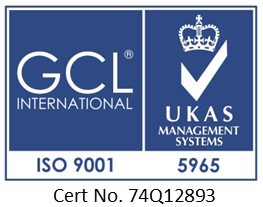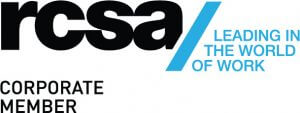Colin’s Corner – November 2022- Respect Not Popularity – CD
Colin’s Corner
Respect Not Popularity
By Colin Toll

At one time in my life my principal activity at work was researching and teaching the principles of leadership. I was an instructor at the Australian Army Officer Training Unit (OTU) where selected young National Servicemen were trained to be army officers. At the time, the army was heavily committed to the war in Vietnam from which I had recently returned.
At the start of every leadership course, I asked the cadets a simple question.
“I want you to think about your years at school and identify the best teacher you had in those years. Then I want you to identify why that teacher was, in your opinion, the best.”
Invariably, each cadet responded by saying words to the effect of “Mr or Mrs X. They were excellent. Tough but very fair, demanding and focused on getting you to do your very best. I had a lot of respect for Mr or Mrs X.”
After my military career I was employed at the CEO level of some large and complex companies where significant cultural and organizational changes were necessary. Changing culture and organization structures is never initially a popular activity. Effective leadership sometimes means making tough decisions. You can’t be concerned about being popular.
From the time you step into a leadership role, you must be aware of one fact: sooner or later, you will have to implement policies that will be hugely unpopular with your team. These times become the crucibles that shape every leader’s career. How you handle yourself during these tests will determine how far you’ll progress in leadership and management.
Leaders must be respected to be successful, but earning that respect takes time and effort. When employees respect you, they are more likely to work harder to accomplish your shared goals.
Leaders recognize that employees are people, too, and they have basic needs that must be met and nurtured to enhance performance. I discussed this concept in a previous Previews article on functional leadership
Leaders who earn respect are far more successful than those who don’t. Every day in your leadership role there are many ways for you to earn respect. Here are some basic principles to begin with:
- Be Consistent: Lay down your behavioural principles and strictly adhere to them personally. If you do what you preach, people will respect you and respond to you.
- Be Punctual: Time management shouldn’t be hard. Making others wait diminishes respect.
- Be Available and Responsive: Leaders should always be available, whether at work or not, and workers need to know that when they need you, they can reach you.
- Be Right but Acknowledge Being Wrong Too: Know your facts, but if you make a decision that proves a mistake, own up to it. People will respect you for your honesty.
- Show Respect: Show your respect for members of your team by having a genuine interest in them as an individual. Don’t fake it, for if you do any respect they had for you will be trashed.
- Use Errors and Mistakes as a Learning Tool: It’s easy to criticize when others make a genuine mistake. It’s better, however, to support someone by using the error as a learning tool. To do so will improve the performance of the individual and the team.
- Be Proactive: Not everyone is as good as your best workers. Help those struggling in their job but be firm. If people continue to undermine the team, do what’s best for the team. Give everyone an even chance to succeed but do not tolerate consistent under performers.
The workplace of 2022 is very different to what it was in years past. Young employees do not have the same views of work and management as their parents did. Distrust and entitlement can be crippling traits to overcome. That’s why it’s more important than ever for leaders to seek respect as a leader.
Successful leaders set the bar for what they expect from their subordinates by doing and not just saying. They aren’t afraid to encourage the best and brightest to excel. They understand that by doing so the high achievers influence other employees to do better.
Great leaders are respected for their impact they have on the organization and are role models that others respect and seek to emulate. These are the leaders people remember fondly for the influence they provided that helped shape their own personal journey.
It is respect, not popularity.



